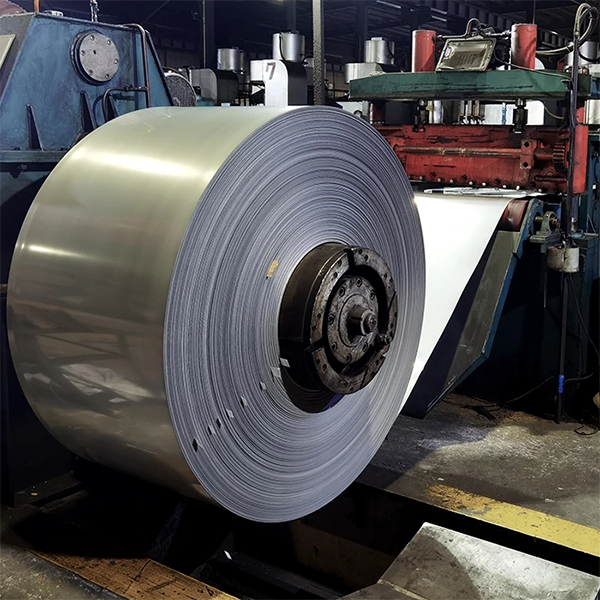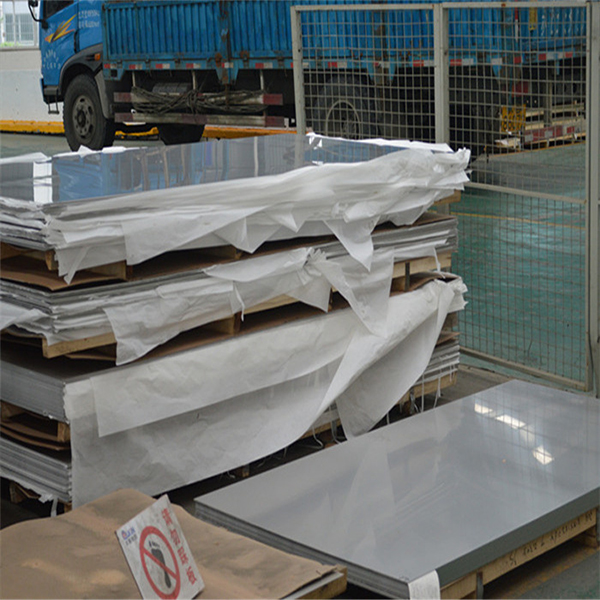321 Hairline Stainless Steel Sheet Grade Cold Rolled No.4 2B
Product Description
Alloy 321 (UNS S32100) is stabilized stainless steel sheet which offers as its main advantage an excellent resistance to intergranular corrosion following exposure to temperatures in the chromium carbide precipitation range from 800 to 1500°F (427 to 816°C). Alloy 321 stainless steel sheet is stabilized against chromium carbide formation by the addition of titanium.
Alloy 321 stainless steel sheet is also advantageous for high temperature service because of its good mechanical properties. Alloy 321 stainless steel sheet offers higher creep and stress rupture properties than Alloy 304 and, particularly, Alloy 304L, which might also be considered for exposures where sensitization and intergranular corrosion are concerns.
Chemical Composition (%)
| Grade | C | Mn | Si | P | S | Cr | Ni | Ti |
| 321 | ≤0.08 | ≤2.0 | ≤1.0 | ≤0.045 | ≤0.03 | 17.0-19.0 | 9.0-12.0 | ≥5×C% |
Equivalent Material
| Grade | DIN | GB | JIS | EN |
| 321 | 1.4541 | 0Cr18Ni10Ti | SUS321 | X10CrNiTi189 |
Physical Properties
| Specific Heat | 0.12 BTU/lb-°F (32 – 212°F) 444 J/kg-°K (0 – 100°C) |
| Modulus of Elasticity | 28.0 x 106 psi 193 GPa |
| Thermal Conductivity 200°F (100°C) | 9.3 BTU/hr/ft2/ft/°F 16.0 W/m-°K |
| Melting Range | 2550 – 2635°F 1398 – 1446°C |
| Electrical Resistivity | 72 Microhm-cm at 20°F |
Corrosion Resistance
Alloy 321 stainless steel sheet exhibits good general corrosion resistance that is comparable to 304. It was developed for use in the chromium carbide precipitation range of 1800 – 1500°F (427 – 816°C) where un-stabilized alloys such as 304 are subject to intergranular attack.
The alloy can be used in most diluted organic acids at moderate temperatures and in pure phosphoric acid at lower temperatures and up to 10% diluted solutions at elevated temperatures. Alloy 321 resists polythionic acid stress corrosion cracking in hydrocarbon service. It can also be utilized in chloride or fluoride free caustic solutions at moderate temperatures.
Alloy 321 stainless steel sheet does not perform well in chloride solutions, even in small concentrations, or in sulfuric acid service.
Applications



.jpg)
-150x150.jpg)
-150x150.jpg)
-150x150.jpg)
-150x150.jpg)
-150x150.jpg)




.jpg)




